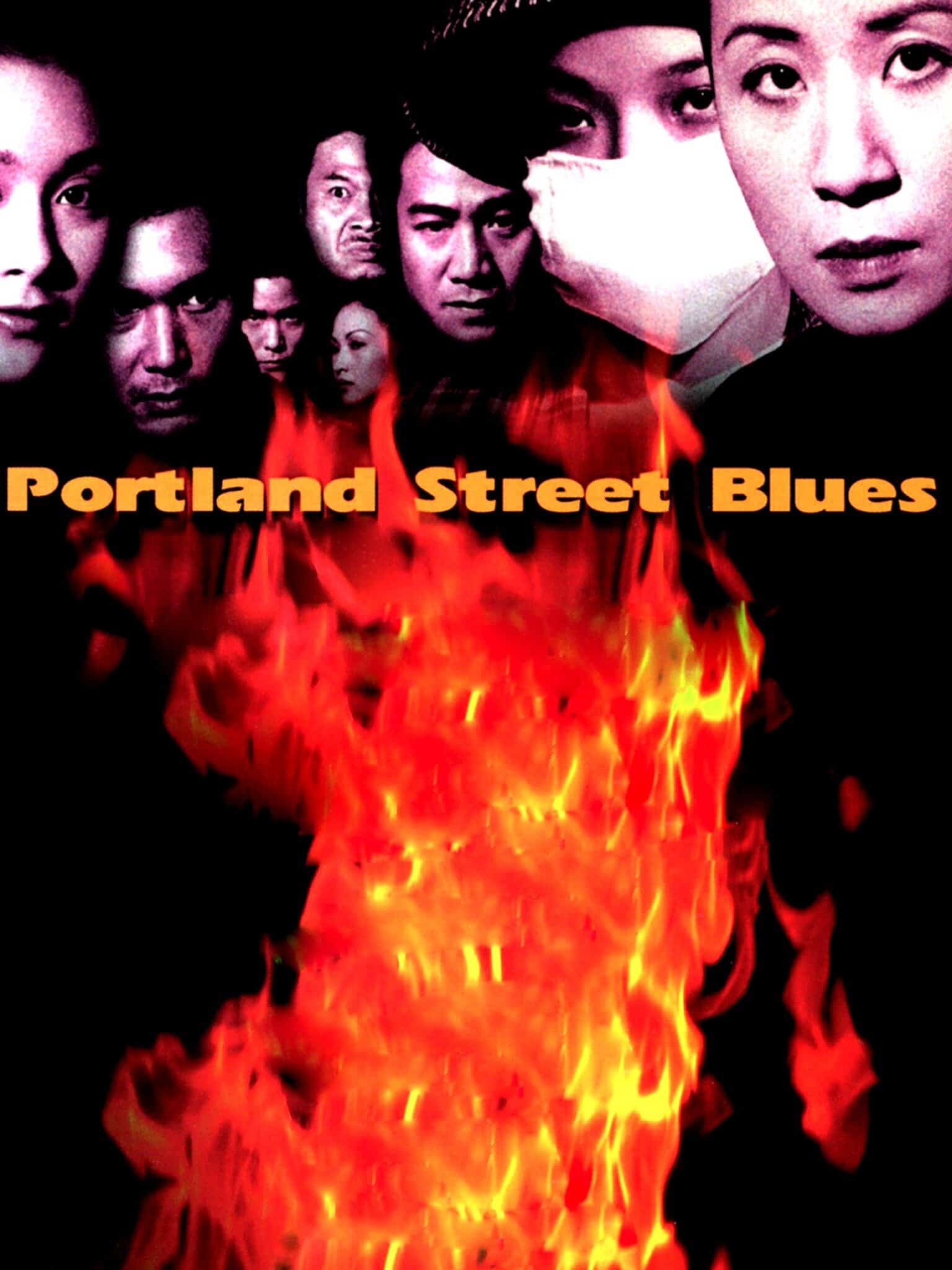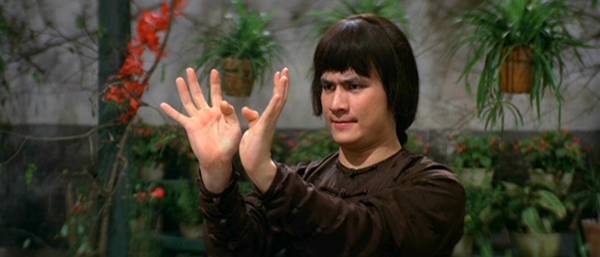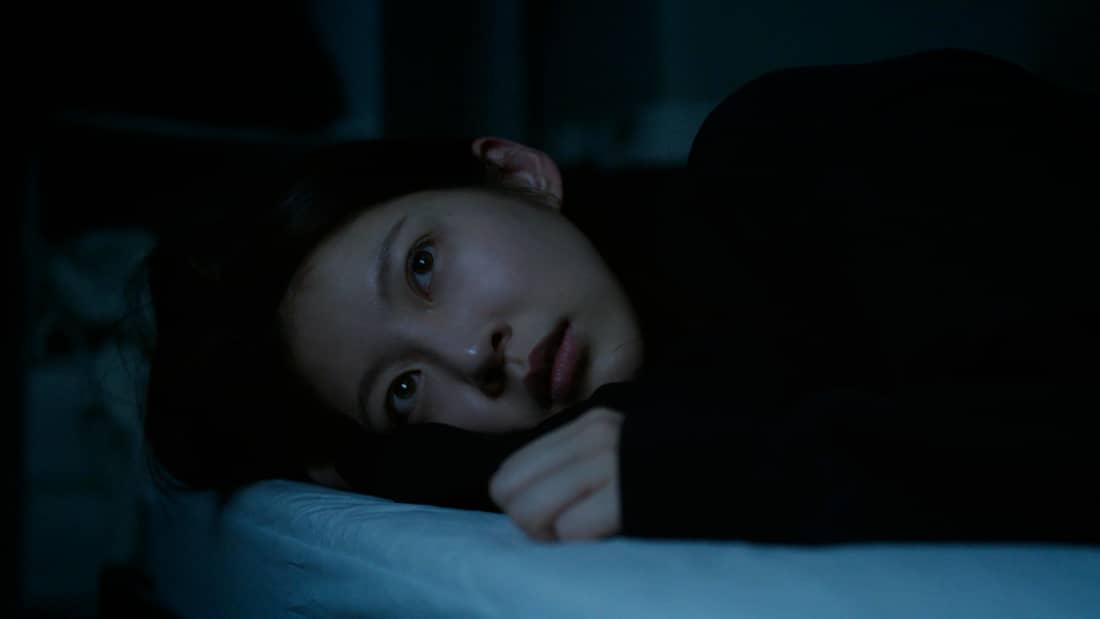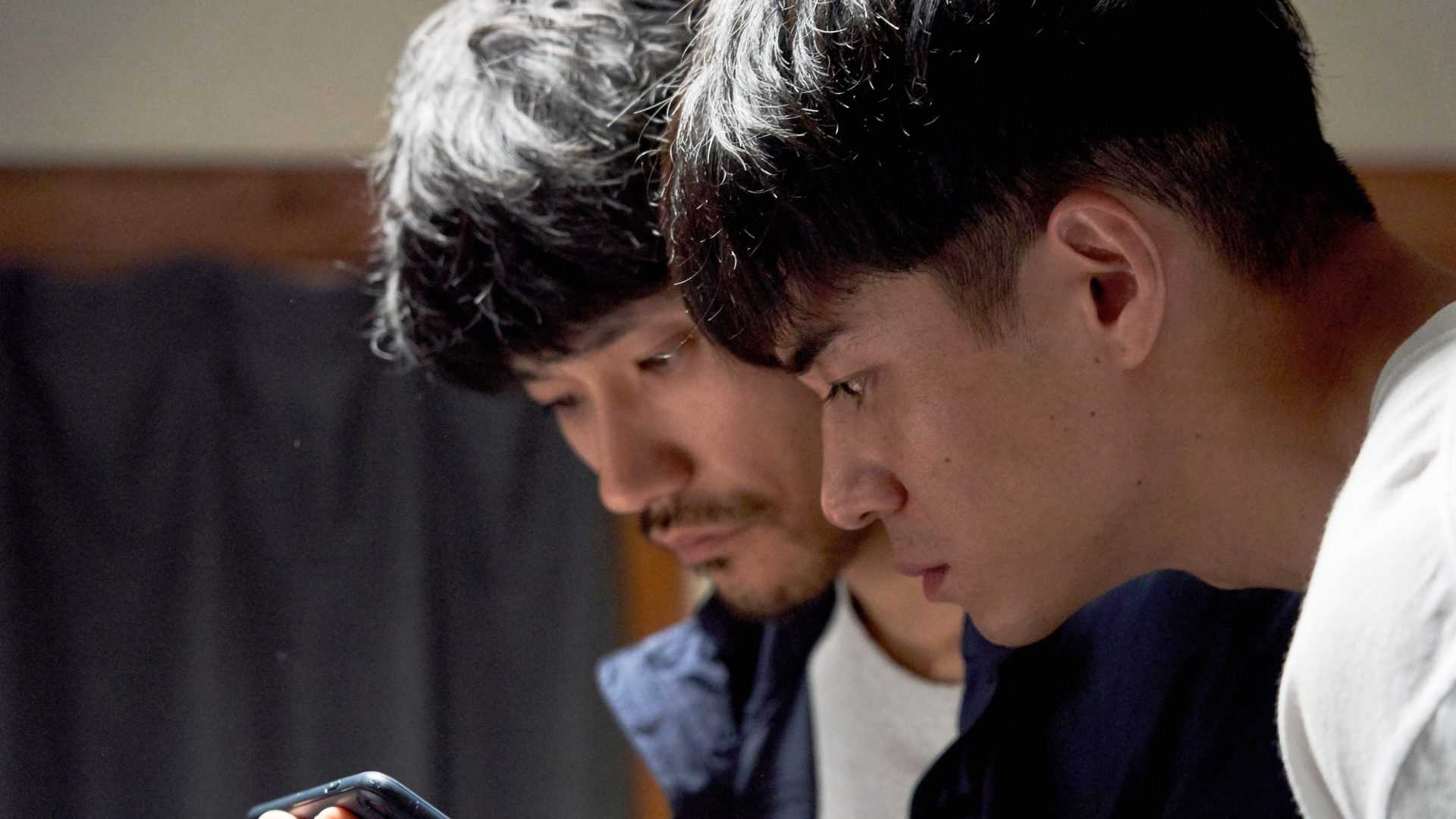Netting Sandra Ng Best Actress honors from the Hong Kong Film Awards and Shu Qi Best Supporting from the same competition and Golden Horse, “Portland Street Blues” is a spin-off of the “Young and Dangerous” series, focusing, however, on a female character this time.
Buy This Title
on Amazon by clicking on the image below
The story starts with Sister 13 already being a boss, although her life is not exactly easy within the utterly male-dominated triad world and the fact that she is a lesbian does not make things any easier. After a few scenes in the present, and during a ceremony for the day of the death of her father, she begins narrating her life story to her comrades. Her father was a gambling addict who was repeatedly exploited by triad members, and particularly one mentioned as SOB, while Sister 13 was mostly hanging around with Kristy, trying to hustle some money here and there, which eventually brings them closer to Coke, an underground fighter whom Sister 13 develops a crush for. It turns out that he also has connections with the Triad, which inevitably leads to violence. Eventually, though, the three of them start hanging out together, until a number of tragic incidents and a misunderstanding cause them to split. Around that time, Sister 13 meets Scarface, a woman who has been destroyed by James, a corrupt cop, and the two become friends, until another tragic incident, which leads, however, to the protagonist eventually becoming a triad boss. In the present again, the past seems to resurface once more.
As usual, the triad film recipe of numerous characters, incidents, and much action and violence is here once more; however, “Portland Street Blues” definitely stands out, particularly due to its dramatic approach, which is much more intense here, following the lives and fates of the main protagonists. Particularly the arc of the past is almost completely stripped of action, with the exception of an underground street fighting match, instead highlighting the tragic story of how Sup Sam Mui became Sister 13. In that fashion, the fact that she grew up as a victim, frequently betrayed by the people around her, but still managed to get on the top (even if it is the crime world) emerges as one of the most appealing aspects of the movie. Even more so, since Raymond Yip never presents her as an all powerful individual, but someone who progressed in life with her toughness and by attracting the respect of her subordinates and superiors. The fact that she is not a hardcore lesbian, hating all men, also moves into the same, appealing direction, with the hugging scene highlighting the fact in the best fashion.
As such, it is easy to say that Sandra Ng is magnificent in the role, capturing all the aforementioned elements in the most convincing fashion, and carrying the movie from beginning to end. The second great performance comes from Shu Qi as Scarface, whose tragic fate is one of the most appealing arcs of the story, as much as her interactions with the protagonist. The ending of her story in particular, will definitely stay in mind, with Yip managing to avoid the reef of the melodrama, despite its nature, and Shu Qi finding the apogee of her performance here.
On another note, the feminist aspect is quite prevalent, with Yip presenting all the male characters as sex-crazed, corrupt, disgraceful, addicted and treacherous on occasion, with some of them actually encompassing all the aforementioned together. SOB and James especially are rather appalling individuals, with the former's treatment of 13's father and the latter's of Scarface bordering on the diabolical. The rest of them are not much better, with Yip presenting very few of them as good. The fact that all women seem to suffer in their hands also moves into the same path, as much as their fate, with this aspect additionally making Sister 13's feat of heroic proportions.
Lai Yiu-Fai captures the poor settings of the past arc with realism, while the antithesis of the luxurious nightclubs and the neon-lighted city create a very rewarding antithesis with the violence that eventually takes over. The scene with the abundance of members fighting each other is the most visually impressive of the film, with Marco Mak's editing finding one of its zeniths here, in an overall competent work, that induces the movie with a very fitting fast pace.
“Portland Street Blues” may occasionally show the illogicality (the way the protagonists “turns” lesbian for example) that characterized HK productions of the time, but as a whole, emerges as a great crime drama, benefitting the most by the performances and the overall direction.

















